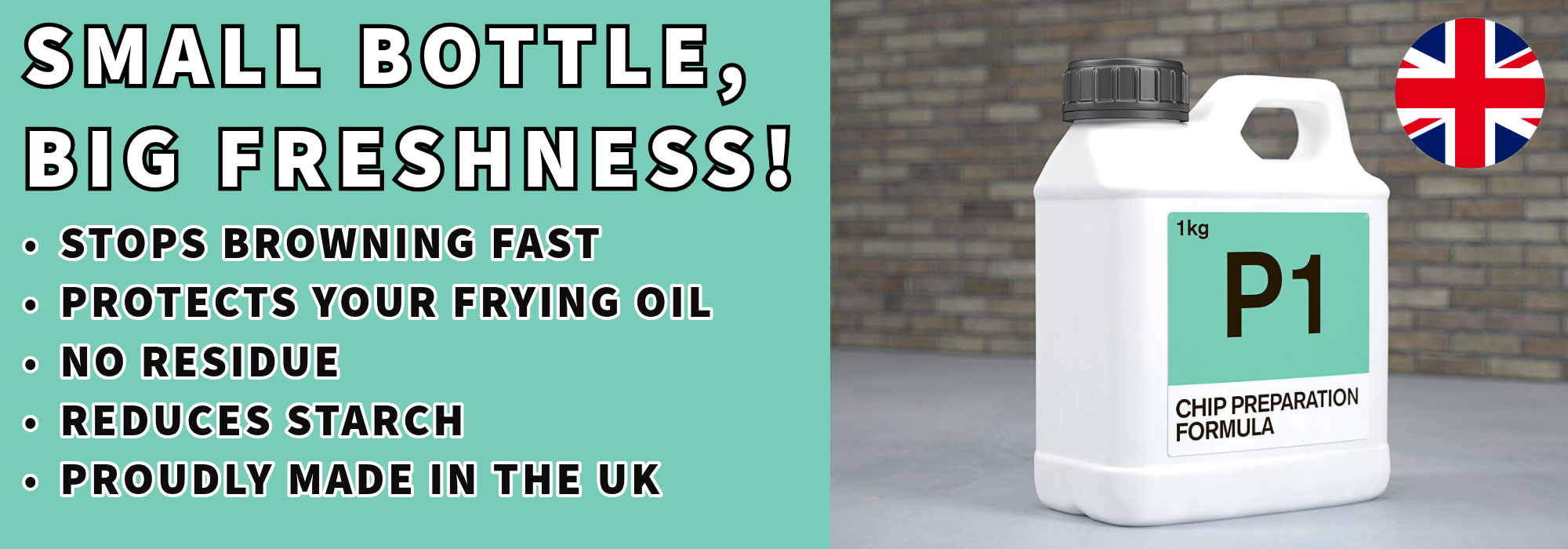Experts Push for Stronger Allergen Labelling Across the UK and Europe
Posted by Emma on 20th Aug 2025 Reading Time:
Pine nuts, goat’s milk, buckwheat, and peas are driving a growing number of severe allergic reactions across Europe—yet none are on the EU’s mandatory allergen labelling list. Experts now argue it is time for a change.
Research published in Clinical & Experimental Allergy by the French Allergy-Vigilance Network analysed nearly 3,000 cases of food-induced anaphylaxis between 2002 and 2023. Alarmingly, 413 cases—including two fatalities—were linked to eight foods not currently subject to mandatory labelling.
The study concludes that four foods in particular—goat’s and sheep’s milk, buckwheat, peas and lentils, and pine nuts—should be added to the EU’s allergen labelling requirements, citing their frequency, severity, and potential for hidden exposure.
A Gap in Food Safety Rules
At present, the UK and EU require food businesses to highlight 14 allergens, including peanuts, eggs, milk, sesame, and cereals containing gluten. This list, however, has not been updated since 2011, despite the regulation allowing revisions “in the case of the emergence of a risk to consumers’ health.”
The study suggests that omission of these emerging allergens is leaving consumers exposed. Analysis revealed:
- Goat’s and sheep’s milk caused 2.8% of cases, with more than half of the incidents recurring in known allergy sufferers.
- Buckwheat accounted for 2.4% of cases, nearly half of them severe, with many linked to pancakes and baked goods.
- Peas and lentils were responsible for 1.8% of cases, with use in ultra-processed foods and plant-based products contributing to rising exposure.
- Pine nuts caused 1.6% of cases, with almost half classified as severe reactions, often linked to pesto, pastries, and processed foods.
Other emerging risks identified include alpha-gal (a red meat allergen), kiwi, beehive products such as honey and pollen, and apples.
UK Context
“Although the UK left the EU, it retained the same allergen labelling rules in domestic law. The Food Standards Agency (FSA) still enforces the 14-allergen list. Unless the UK makes its independent changes, it will mirror the EU system. Any updates in Europe would also affect UK food businesses, particularly those exporting to the single market.”
Expert and Industry Response
Lead investigator Dr Dominique Sabouraud-Leclerc said the evidence showed it was time for a review of Europe’s allergen rules:
“We believe it is time to review the list of the 14 foods with mandatory labelling to include at least the most severe of these emerging food allergens.”
Allergy UK echoed the call, warning of rising risks from unexpected ingredients. The charity recently issued advice on pea allergies, noting the growing use of pea protein in foods where consumers may not anticipate it.
The UK Food Standards Agency (FSA) also highlighted the importance of transparency. “Pre-packed foods must list all ingredients, and businesses must provide clear allergen information,” said Dr James Cooper, a spokesperson. “We strongly encourage consumers to speak up about their allergies.”
A Regulatory Crossroads
The findings place regulators at a crossroads. With plant-based diets, free-from alternatives, and novel ingredients becoming increasingly common, consumers face greater exposure to allergens in processed and reformulated foods.
Anaphylaxis remains a life-threatening condition, with symptoms such as throat swelling and breathing difficulties developing rapidly. For those affected, accurate and transparent labelling can mean the difference between safety and serious harm.





